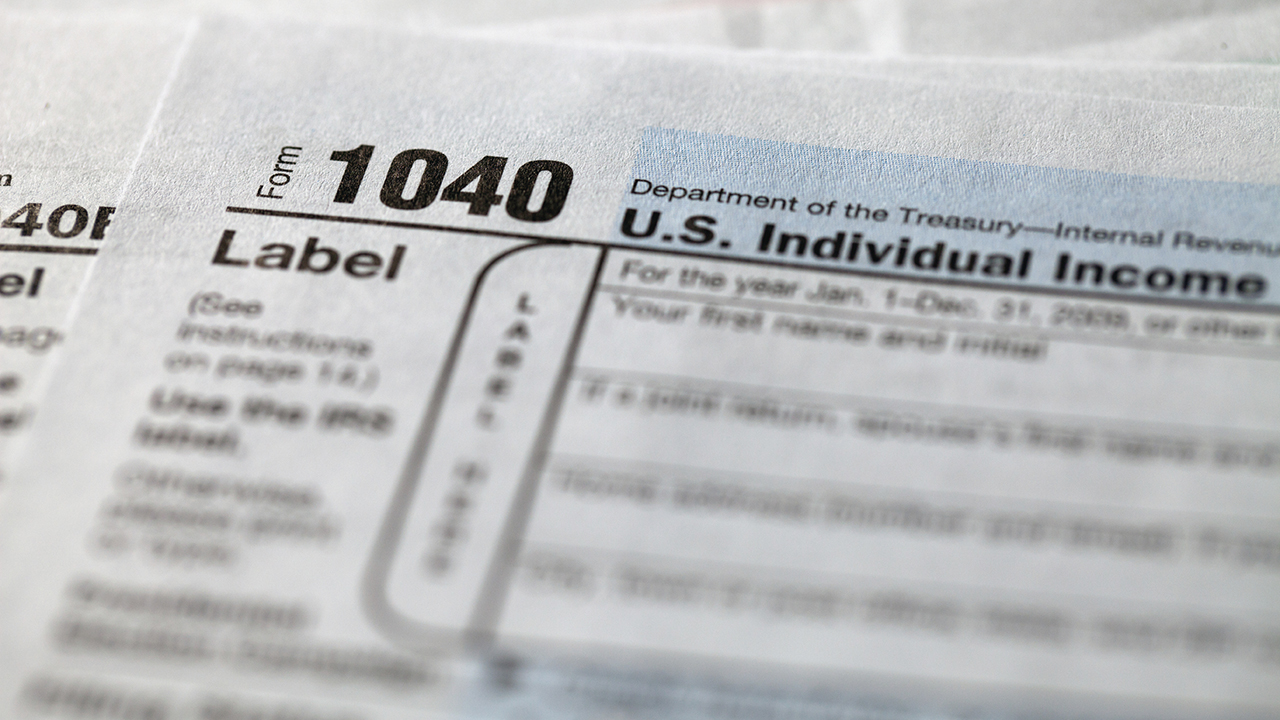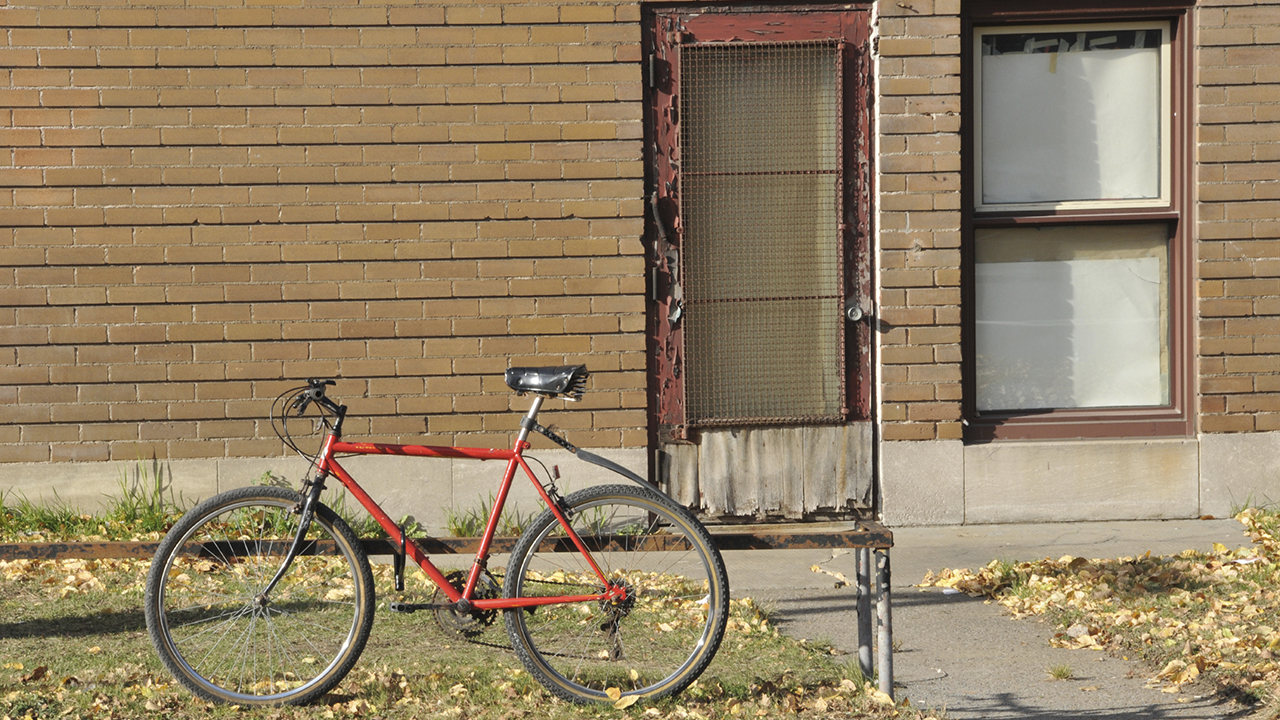Senate Republicans Give Sham Supreme Court Confirmation Process Precedence Over COVID-19 Relief
As a result of the COVID-19 pandemic, thousands, and potentially millions, of people in the United States are struggling to meet basic needs, like housing. Unfortunately, instead of focusing their efforts on addressing the housing crisis and other impacts of COVID-19, like the majority of people want, Senate Republicans are trying to rush through Amy Coney Barrett’s nomination. Republicans on the Senate Judiciary Committee just approved Barrett’s nomination over Democratic senators’ protest.
People cannot wait for COVID relief.
Women of color, and women more generally, are feeling the brunt of the pandemic’s economic crisis. Housing insecurity is just one of the many impacts of the COVID-19 pandemic that has hit Black, non-Hispanic women and Latinas especially hard. When compared to their white, non-Hispanic male or female peers, Black, non-Hispanic women and Latinas are more likely to be in households that have lost employment income and are more likely to be behind on their rent or mortgage payment.
- Among renters, Black, non-Hispanic women (24.2%), Latinas (15.7%), and Asian, non-Hispanic women (14.7%) were all more likely than white, non-Hispanic men (10.2%) or white, non-Hispanic women (11.3%) to report not being current on rent payments.
- Among homeowners with mortgages, Asian, non-Hispanic women (16.7%), Black, non-Hispanic women (15.7%), and Latinas (13.3%) were all more likely than white, non-Hispanic men (6.5%) or women (7.5%) to report being behind on payments.
Senate Republicans have blocked further federal assistance.
The Senate has failed to take up comprehensive COVID relief like that passed by the House in May (and again in September), despite the urgent need for assistance for women, children, and families—including rental assistance.
The Centers for Disease Control and Prevention (CDC) eviction moratorium halted evictions because of nonpayment of rent through December 31, 2020, in order to help people who could not afford to pay their rent. However, the moratorium did not cancel rent or late fees, leading to a massive amount that millions of tenants will be unable to pay by the end of the moratorium, threatening mass evictions by January. What’s worse, in response to big landlords challenging the CDC order, multiple agencies recently issued a joint Frequently Asked Questions (FAQ) guidance document that adds new burdens for renters and allows landlords to file for eviction now. Landlords are filing those eviction cases months before tenants can actually be evicted in order to pressure their tenants to leave sooner and create a negative mark on tenants’ records. This abusive behavior is unconscionable and is in addition to a rise in landlords sexually harassing tenants.
States are struggling to help renters with no aid from the federal government.
As a result of the Senate’s failure to pass a relief package that includes emergency rental assistance and state fiscal relief, state and local governments have had to carry the burden of providing rental relief with limited resources.
- Some states have not implemented any emergency rental assistance programs.
- 30 percent of state rental assistance programs have closed due to running out of funding.
- Of the programs that are still running, 80 percent of them are designed for short-term relief, with insufficient relief to address back rents by the end of the moratorium.
Yet the majority in the Senate has prioritized filling a Supreme Court vacancy over passing a COVID-19 relief package.
Rather than take up legislation that would address the urgent needs of women and their families, Senate Republicans are trying to rush through a SCOTUS nominee. (We’re not counting Senate Majority Leader McConnell’s inadequate relief proposals that do not address the housing crisis or meet other needs for women and families). We can’t let this slide.
Call your senators today to urge them to vote against Barrett’s nomination to the Supreme Court and instead focus on providing COVID-19 relief to families, including funding for housing, child care, health care, unemployment insurance, education, and state and local governments.




